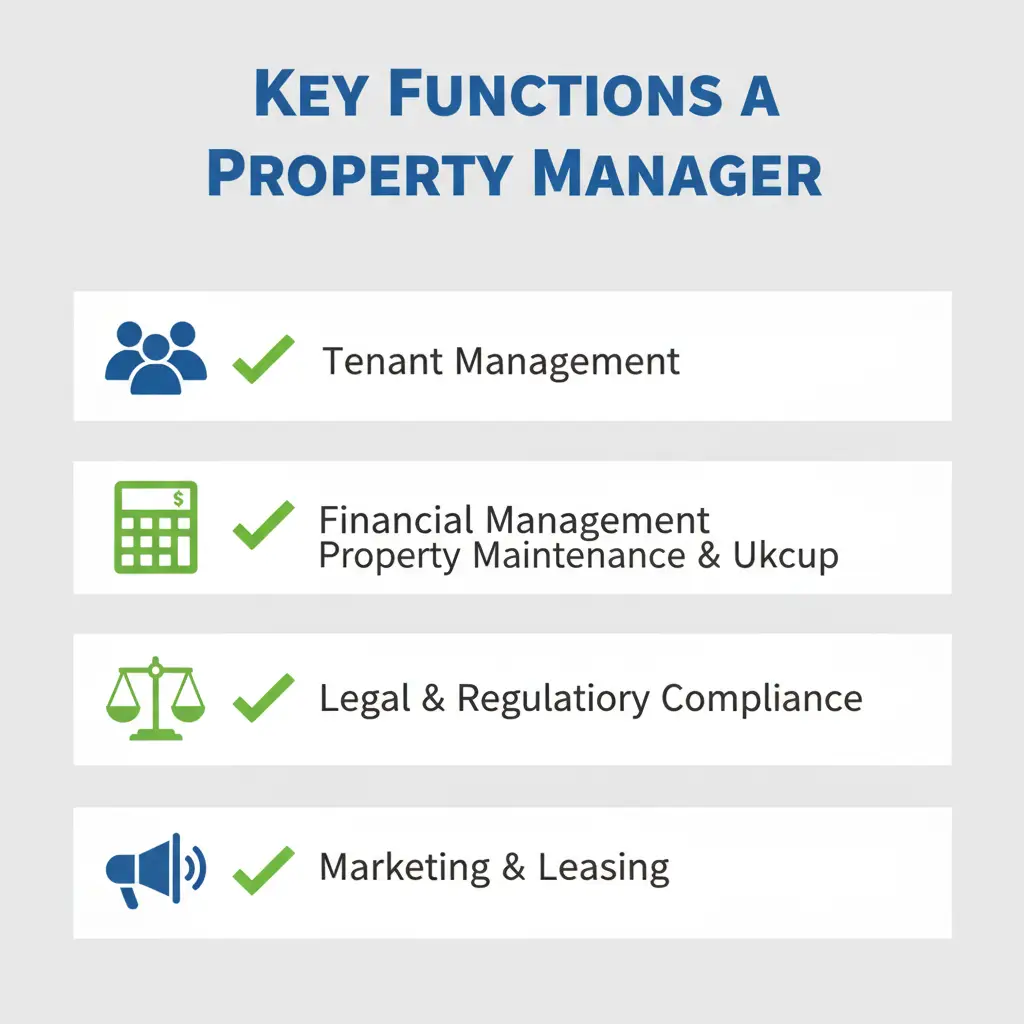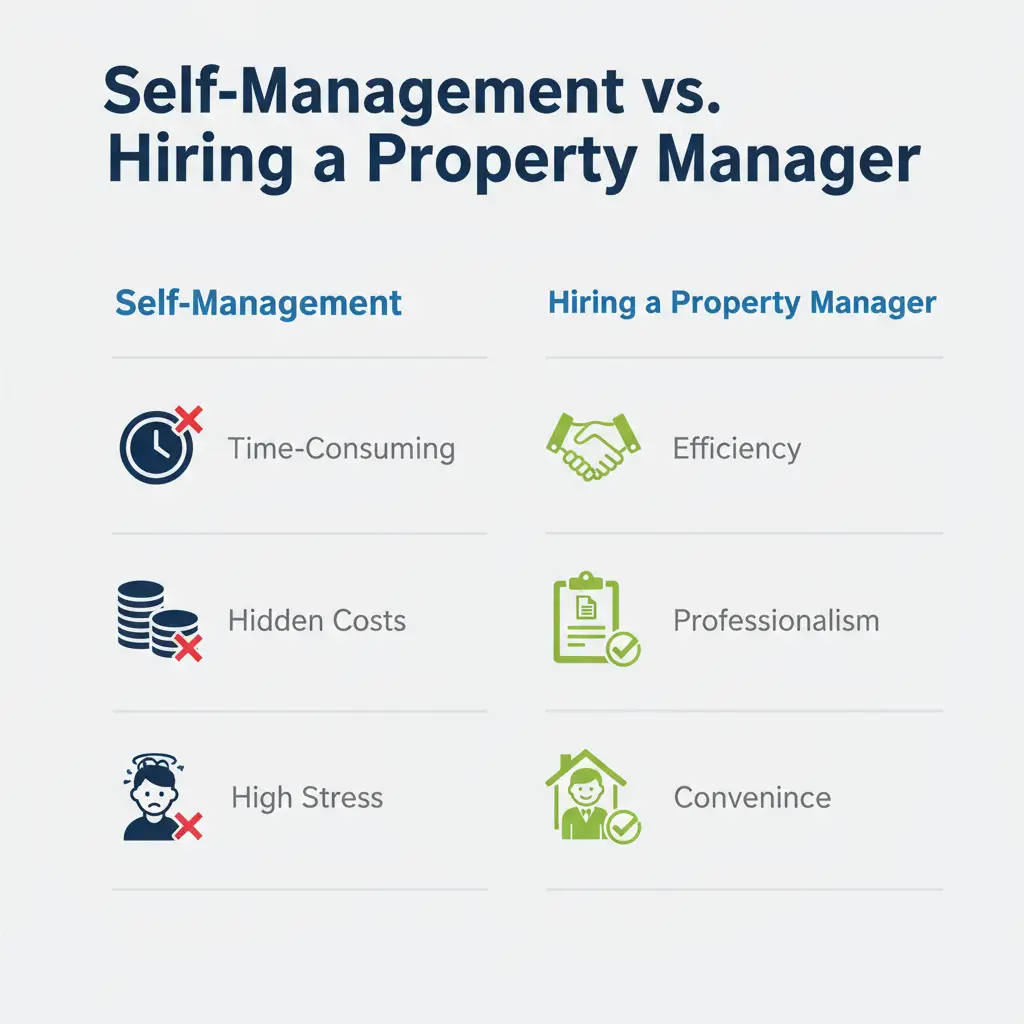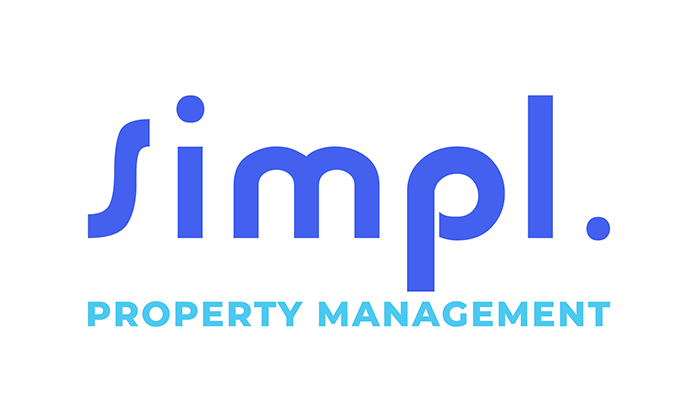Property ownership in Kenya can be rewarding, but it also comes with challenges—finding reliable tenants, handling maintenance, staying compliant with regulations, and ensuring timely rent collection. This is where property management companies in Kenya come in.
A professional property manager acts as the bridge between landlords, tenants, and service providers, ensuring that rental investments are protected while generating steady income. Whether you own an apartment in Kilimani, a commercial building in Westlands, or multiple residential blocks in Nairobi’s suburbs, working with the right partner can make all the difference.
What Is Property Management?
At its core, property management refers to the day-to-day oversight and control of real estate on behalf of the owner. A property manager is responsible for making sure the property remains profitable, well-maintained, and legally compliant.
In Kenya, property management spans:
- Industrial properties – warehouses, factories, logistics hubs.
- Residential properties – apartments, townhouses, gated estates.
- Commercial properties – office blocks, retail shops, shopping malls.
Read: Simplifying Homeowners’ Association (HOA) Management in Kenya: A Comprehensive Guide
Key Functions of a Property Manager in Kenya
The role of a property manager goes far beyond just collecting rent. Leading property management companies in Nairobi typically handle:

1. Tenant Management
- Screening prospective tenants for credibility.
- Preparing and enforcing lease agreements.
- Handling tenant concerns and disputes.
2. Financial Management
- Collecting rent (commonly through M-Pesa and bank transfers).
- Preparing monthly financial reports for landlords.
- Budgeting for repairs, service charge, and utilities.
3. Property Maintenance & Upkeep
- Scheduling routine maintenance and inspections.
- Coordinating repairs and renovations.
- Ensuring compliance with health and safety codes.
4. Legal & Regulatory Compliance
- Drafting legally sound tenancy agreements.
- Adhering to the Landlord and Tenant Bill, Rent Restriction Act, and Land Act.
- Ensuring licensing with the Estate Agents Registration Board (EARB).
5. Marketing & Leasing
- Advertising vacant units both online and offline.
- Conducting viewings and handling inquiries.
- Retaining quality tenants to reduce vacancy periods.
Why Hire a Property Management Company in Nairobi?
Owning rental property in Nairobi comes with opportunities but also unique challenges. Partnering with a licensed and professional firm brings several benefits:
Read: Why Property Management is the Solution You Need!
- Local Market Expertise: Property management companies in Nairobi understand rental demand across Kilimani, Lavington, Ruaka, and other suburbs.
- Preserves Property Value: Regular maintenance and timely repairs protect the long-term asset value.
- Maximizes Income: Strategic leasing, proactive marketing, and timely collections ensure landlords get consistent returns.
- Saves Time & Reduces Stress: Owners don’t have to handle late-night tenant calls or contractor negotiations.
Legal & Regulatory Framework in Kenya
Property management in Kenya is regulated, requiring managers to be licensed and compliant with real estate laws. Some key considerations include:
Safety & Building Codes: Compliance with fire safety, electrical standards, and public health regulations is non-negotiable.
Licensing: All property management companies in Kenya must be registered with the Estate Agents Registration Board (EARB).
Laws Governing Tenancies:
- Landlord and Tenant Bill (2021) – governs rent increases, evictions, and dispute resolution.
- Land Act (2012) – covers land leasing and rights of occupancy.
- Rent Restriction Act – applies to low-rent premises.
- Landlord and Tenant (Shops, Hotels and Catering Establishments) Act 301 – Applies to commercial premises
Tax Compliance: Landlords must remit rental income tax, while managers handle record-keeping for transparency.
Technology in Property Management in Kenya
Technology is transforming how property management companies in Nairobi operate. Modern firms now leverage digital tools for:
- Rent Collection: Automated systems integrated with M-Pesa and bank transfers.
- Tenant Portals: Where tenants log complaints, download invoices, and make payments.
- Landlord Dashboards: Providing real-time access to financial reports.
- Digital Communication: Automated reminders for rent, service charge, and lease renewals.
Benefits include reduced arrears, greater transparency, and faster response times.
Property Management Market Trends in Nairobi (2025)
The Nairobi rental market is evolving, and property owners must keep up:
- Furnished Rentals: Growing demand for fully furnished apartments, especially in Kilimani and Westlands.
- Short-Term Lets: Airbnb-style rentals increasing among young professionals and expatriates.
- Mixed-Use Developments: Retail + residential combos are on the rise.
- Sustainability: Tenants are beginning to prefer green buildings with solar, water recycling, and energy efficiency.
How to Choose the Right Property Management Company in Kenya
With dozens of property management companies in Nairobi, landlords must know how to select wisely. Key considerations include:
- Experience: Years of managing similar property types.
- Transparency: Clear financial reporting and accountability.
- Responsiveness: Ability to handle tenant complaints promptly.
- Network of Contractors: Access to reliable service providers.
- Licensing: Must be registered under EARB.
Mistake to Avoid: Choosing a manager solely because they charge the lowest fee. Cheaper is not always better.

Frequently Asked Questions (FAQs)
1. What does a property manager do in Kenya?
A property manager oversees tenant relations, rent collection, maintenance, financial reporting, and legal compliance on behalf of property owners.
2. How much do property management companies in Nairobi charge?
Fees typically range between 5% – 10% for residentials and 5%-7.5% for commercials/Retail/Industrial of rental collections, depending on the property size and services included.
3. Do property managers in Kenya need a license?
Yes. They must be registered with the Estate Agents Registration Board (EARB).
4. Can landlords collect rent via M-Pesa?
Yes. Many property management companies in Kenya integrate M-Pesa for convenient collections.
5. Which are the leading property companies in Nairobi?
Top-performing firms specialize in commercial, residential, and mixed-use management, offering tailored services for different landlords.
Conclusion & Call-to-Action
Property ownership should be rewarding—not stressful. By working with trusted property management companies in Nairobi, landlords safeguard their investments, maximize rental income, and maintain peace of mind.
At Simpl Properties, our licensed and experienced property managers specialize in delivering transparent, reliable, and professional services tailored to your needs.
👉 Ready to simplify your rental property ownership? Contact Simpl Properties today and let us handle everything for you.
